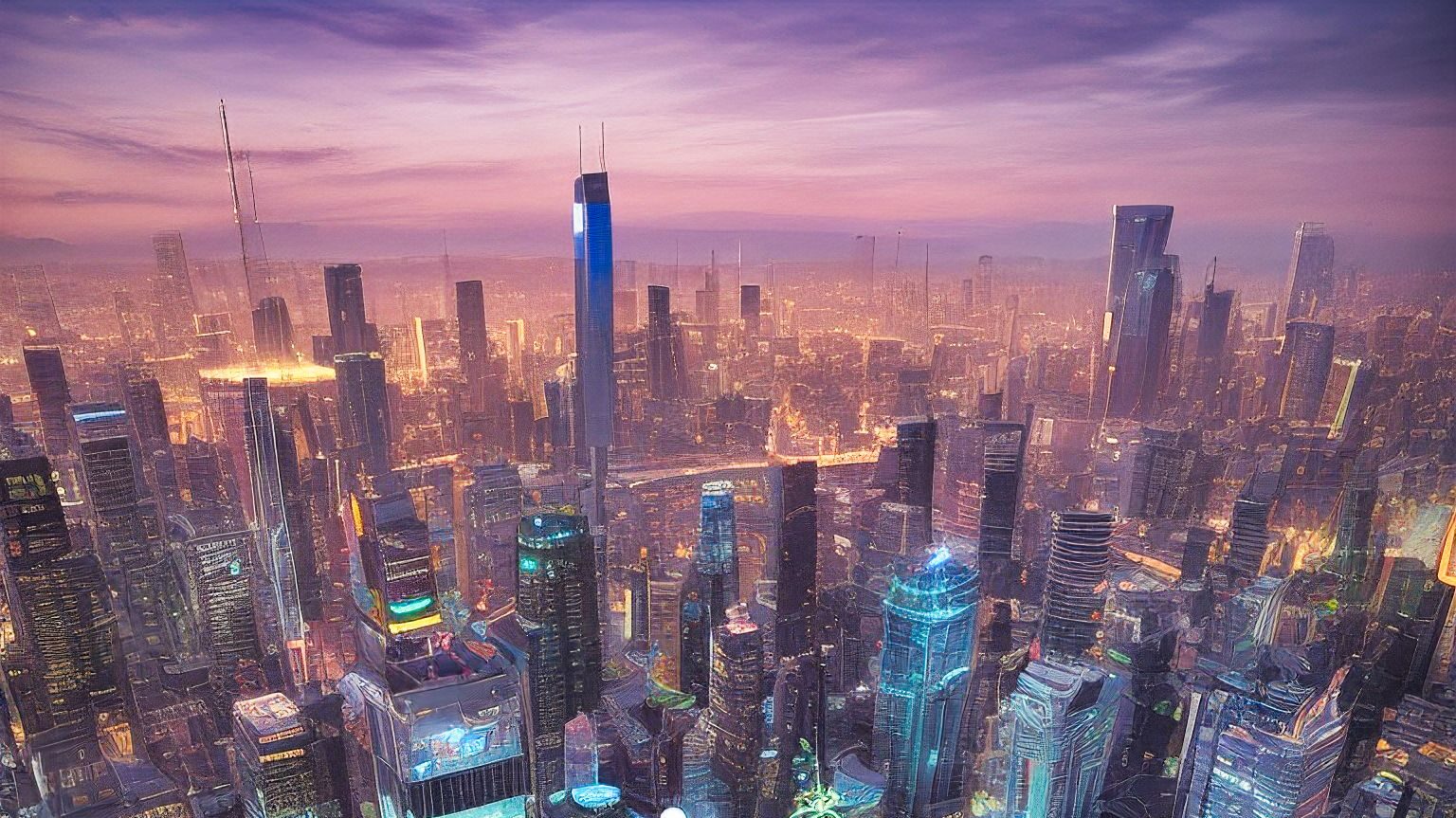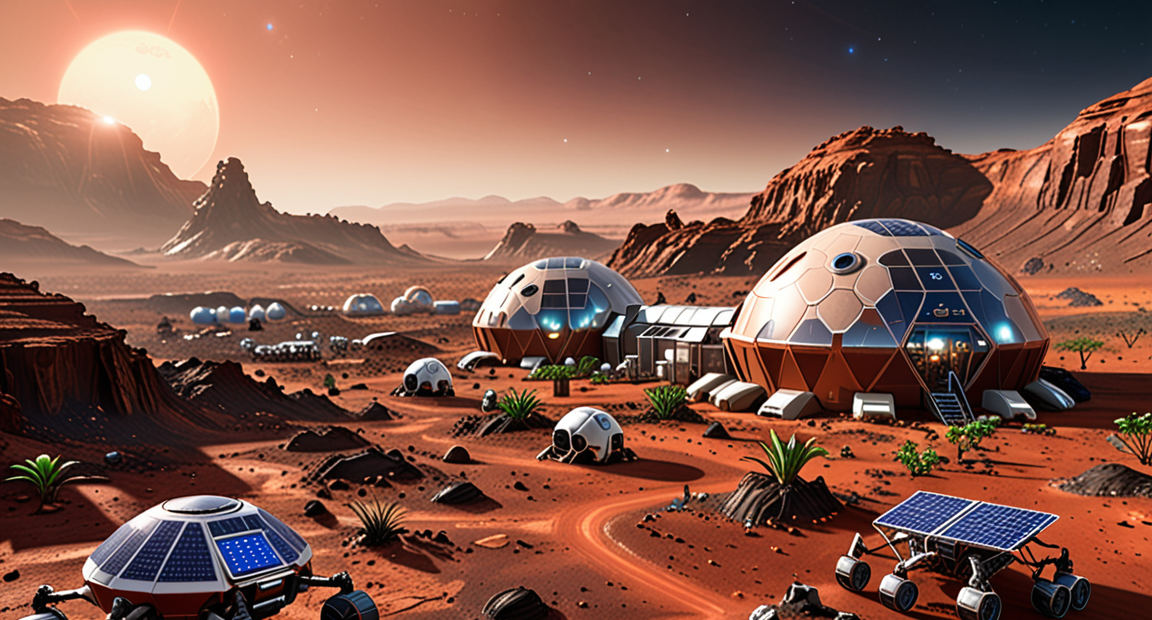Artificial Intelligence (AI) has rapidly evolved from a niche field of study to a transformative technology reshaping the modern world. From automating mundane tasks to assisting in life-changing medical diagnoses, AI is becoming an integral part of our daily lives. But what will AI look like by 2030? What transformations will it bring, and how will it impact industries, creativity, and society as a whole?
AI in 2030: Transforming Everyday Life
By 2030, AI could permeate nearly every aspect of daily living, making processes smoother, faster, and more efficient. Here’s a glimpse of what the future might hold:
• Healthcare: Imagine AI-powered systems capable of diagnosing illnesses with pinpoint accuracy, customizing treatments for individual patients, and predicting potential health issues before symptoms even appear. From hospital logistics to personal health monitoring, AI might redefine medical care as we know it.
• Personal Finances: AI could act as a financial advisor for everyone. It might analyze your income, spending habits, and goals, creating custom budgets, investment strategies, and savings plans. By 2030, financial literacy could become more accessible through AI tools that simplify complex decisions.
• Home Energy Management: With the global focus on sustainability, AI might play a crucial role in optimizing energy use in homes. Think smart systems that learn your energy patterns and adjust usage to reduce waste and costs—all while keeping your home comfortable.
AI in Creative Fields
Beyond practical applications, AI could extend its influence into the arts and creative industries. We’re already seeing glimpses of AI-generated music, paintings, and even screenplays. By 2030, it’s plausible that AI might work hand-in-hand with humans in creative endeavors. For instance:
• Composers and musicians might use AI to generate melodies or harmonize tracks.
• Artists could collaborate with AI to explore new techniques and mediums.
• Writers might leverage AI tools for brainstorming, editing, or even co-authoring novels.
While some worry that AI will replace human creativity, it’s more likely that it will augment it, providing tools and inspiration to enhance human ingenuity.
The Ethical Challenge
As AI becomes more sophisticated, questions about ethics and responsibility loom larger. Who gets to decide how AI is developed and deployed? How do we prevent biases in AI systems from perpetuating inequalities? These are critical challenges that require careful thought and regulation.
• Bias and Fairness: AI learns from data, and if that data is biased, the outcomes will reflect those biases. Ensuring diverse and representative datasets is essential.
• Accountability: When an AI system makes a mistake or causes harm, who is responsible—the developers, the users, or the system itself?
• Privacy and Security: As AI integrates into more aspects of our lives, safeguarding personal data becomes a top priority.
These challenges underscore the importance of fostering ethical AI development. It’s not enough to innovate; we must also ensure that innovation aligns with societal values and benefits everyone equitably.
Shaping AI for Good
The future of AI is in our hands. By prioritizing ethical considerations and leveraging the technology responsibly, we can shape a world where AI enhances human potential rather than replacing it. Collaboration between governments, industries, and communities will be key to setting the standards and frameworks needed for this technology to thrive responsibly.
Looking Ahead
The potential of AI in 2030 is both exciting and daunting. While the possibilities are vast—from smarter healthcare systems to collaborative creativity—the responsibility to use this technology wisely cannot be overstated.
What are your hopes and concerns for the future of AI?



